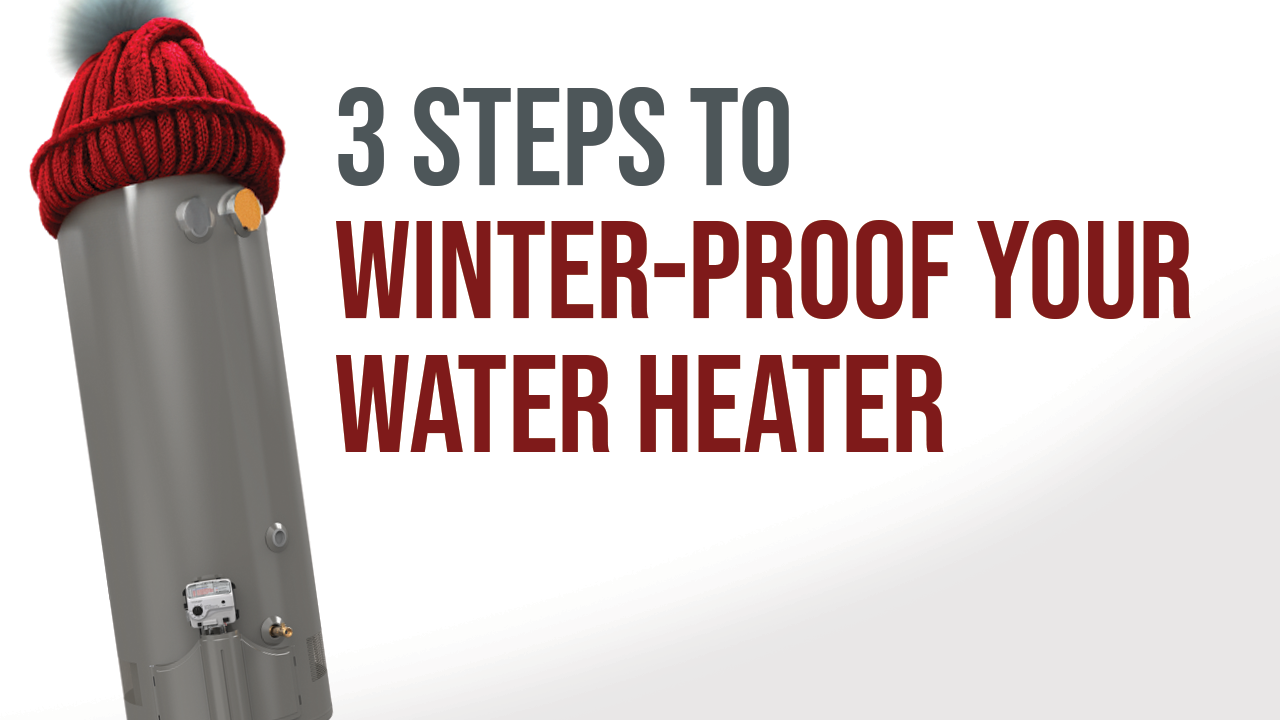Updated February 5, 2024
One of the most common plumbing problems for homes in a city is hard water. Hard water is water with a high solution of minerals suspended in it, particularly magnesium and calcium. It’s difficult to prevent these minerals from entering the water since they seep through groundwater and into the freshwater pipes on the way to homes. Standard municipal treatment doesn’t eliminate that. There is a good chance your home’s water hardness may be too high.
The good news is hard water isn’t harmful to your health. You ingest many of those minerals in the food you eat every day.
The bad news is hard water is terrible for your plumbing, appliances, hygiene, dishes, and clothes. If your water has too many hard water minerals, we recommend you get a water softener in Des Moines, IA.
How to Know You Have Hard Water
Hard water leaves several tell-tale signs. The best way to know if the water in your home has too many hard water minerals is to have professionals test it. However, the signs below will tell you when you need to schedule testing.
- Residue on fixtures: The minerals in hard water will leave deposits on fixtures such as faucets and showerheads. These calcite deposits are whitish and flaky. If a showerhead is no longer spraying from all the nozzles, or the nozzles are spraying off in different directions, it’s probably calcite buildup.
- Filmy surfaces: Hard water leaves a noticeable film over the glass and hard surfaces. If you see shower doors with a whitish film, or if you can’t seem to scrub your countertops to a pristine sheen no matter how much work you do, it’s probably a hard water issue. You will also see these water stains on glasses and dishes.
- High water pressure: Calcite deposits inside the pipes begin to close off the volume inside the pipe—and this will spike water pressure.
- Frequent clogs: There are many different causes for clogs in drains, and hard water is one of them.
- Poor soap lather: The presence of hard water minerals makes soap less effective, and you’ll find you won’t be able to get a good cleaning lather going.
- Faded fabrics: Clothing, towels, and other fabrics that go through the wash will start to lose their colors because of hard water.
Dry skin and flat hair: After showering, if you still feel like there’s a layer of soap on your skin and your hair is flat, it may be the fault of hard water. - Rumbling water heater: One of the biggest dangers of hard water is the damage it can do to the inside of a water heater. If the water heater starts rumbling, it may mean a limescale from hard water has built up inside it.
Our professionals can install a water softener to counteract the hard water minerals using sodium ions. This is a safe, natural way to make the water in your plumbing safe for the plumbing. We’ll find the best type of water softener to meet your needs.
At Golden Rule, “We Obey the Rules to Live By!” Arrange for water treatment services with us today.
Contact Us Today for Plumbing Service!
If you found this post helpful, check out some other budget-saving tips:


Winter brings colder temperatures, which can take a toll on home water heaters. A water heater that isn’t ready for winter may struggle to provide hot water... Read More

Winter can bring a sense of coziness—until you encounter the nightmare of frozen pipes. For homeowners, the risk of plumbing issues due to freezing temperatures is real,... Read More

For many homeowners, dealing with a gas water heater that suddenly stops working can be a daunting experience. However, in many cases, the issue may be as... Read More
